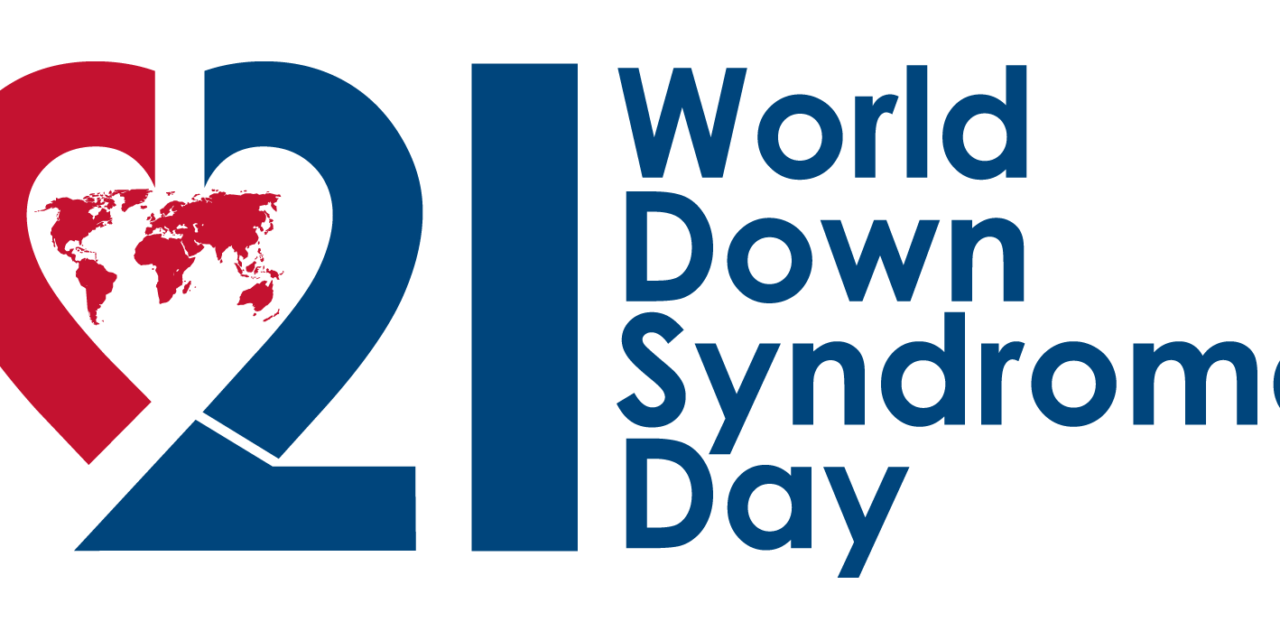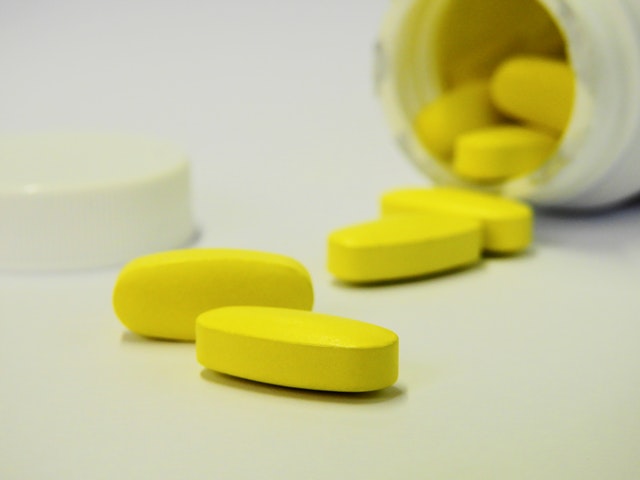Down Syndrome
Down syndrome occurs when an individual has an extra partial (or whole) copy of chromosome 21. It is not yet known why this syndrome occurs, but Down syndrome has always been a part of the human condition. It exists in all regions across the globe and commonly results in variable effects on learning styles, physical characteristics and health.
Adequate access to health care, to early intervention programmes, and to inclusive education, as well as appropriate research, are vital to the growth and development of the individual.
In December 2011, the General Assembly declared 21 March as World Down Syndrome Day (A/RES/66/149). The General Assembly decided, with effect from 2012, to observe World Down Syndrome Day on 21 March each year. In order to raise public awareness of Down syndrome, the General Assembly invites all Member States, relevant organizations of the United Nations system and other international organizations, as well as civil society, including non-governmental organizations and the private sector, to observe World Down Syndrome Day in an appropriate manner.
Background
The estimated incidence of Down syndrome is between 1 in 1,000 to 1 in 1,100 live births worldwide. Each year, approximately 3,000 to 5,000 children are born with this chromosome disorder.
The quality of life of people with Down syndrome can be improved by meeting their health care needs, including regular check-ups with health professionals to monitor the mental and physical condition and to provide timely intervention be it physiotherapy, occupational therapy, speech therapy, counseling or special education. Individuals with Down syndrome can achieve optimal quality of life through parental care and support, medical guidance, and community-based support systems such as inclusive education at all levels. This facilitates their participation in mainstream society and the fulfillment of their personal potential.
#InclusionMeans…
WDSD is a unique opportunity for the global Down syndrome community to connect every year, so we can:
- share ideas, experiences and knowledge;
- empower each other to advocate for equal rights for people with Down syndrome and
- reach out to key stakeholders to bring about positive change.
From now, up to 21 March 2022, we have an opportunity to share our collective understanding of #Inclusion.
In doing this, we can get a global conversation going, which will empower people around the world to advocate for full #Inclusion in society for people with Down syndrome and disabilities, and indeed for everyone.












